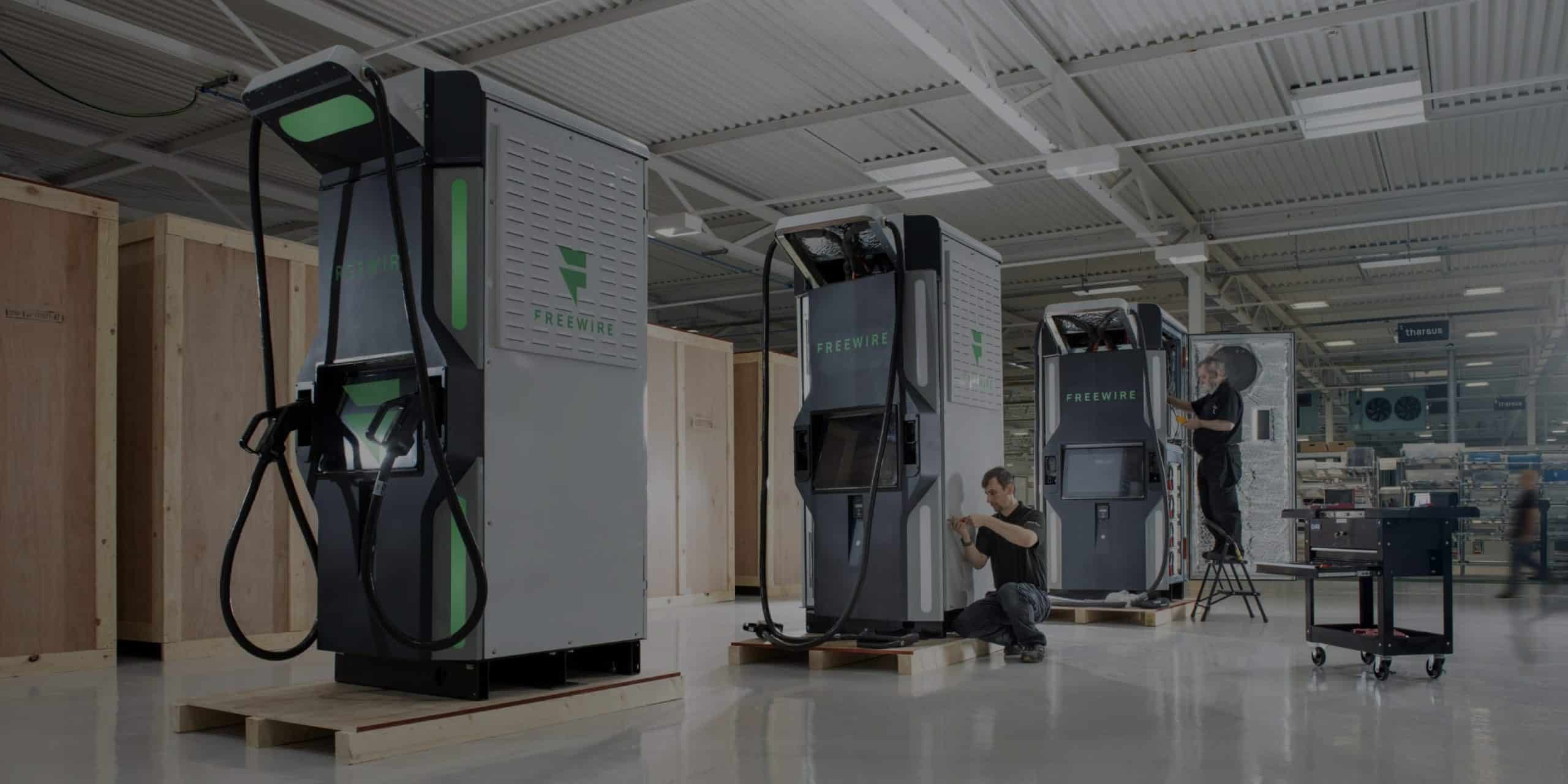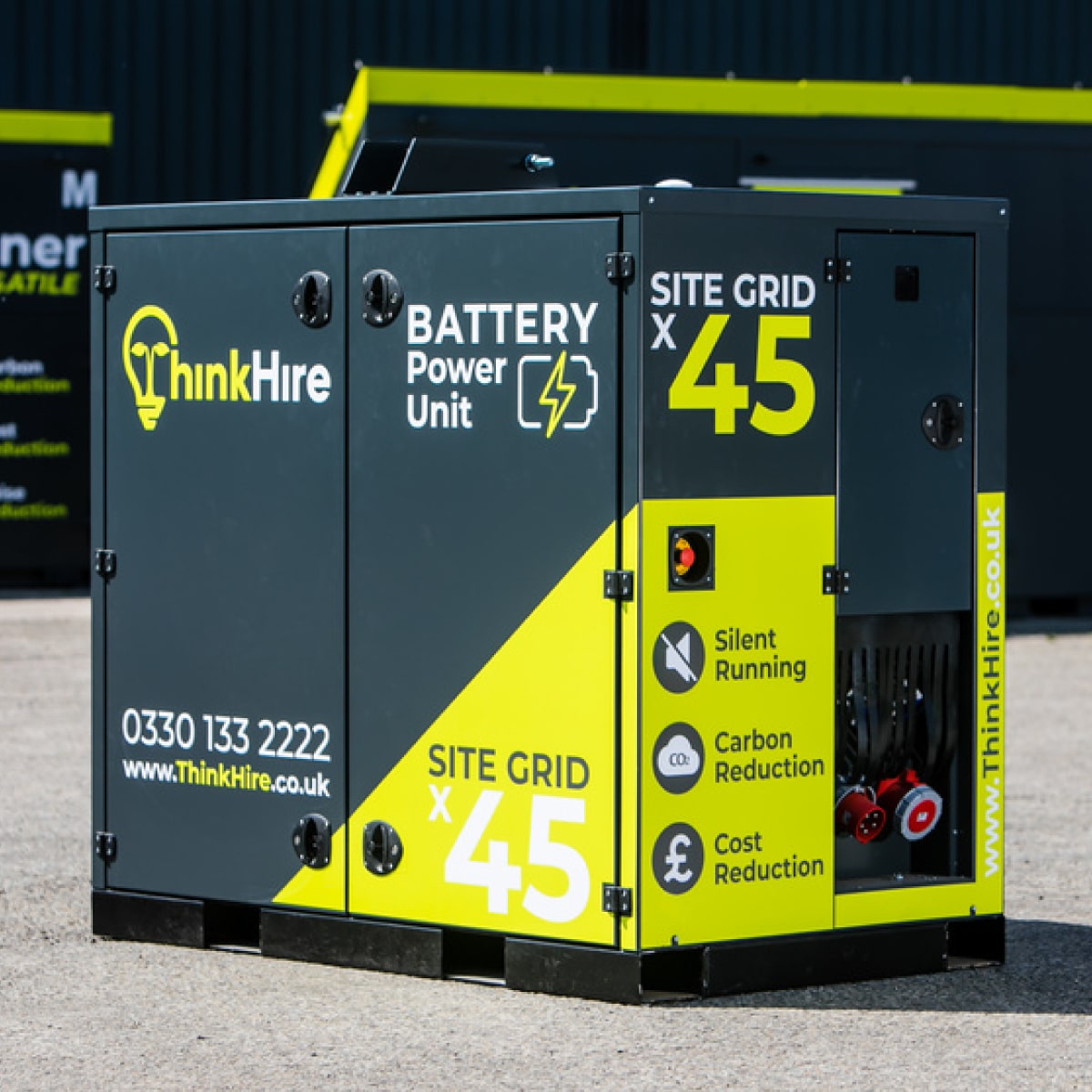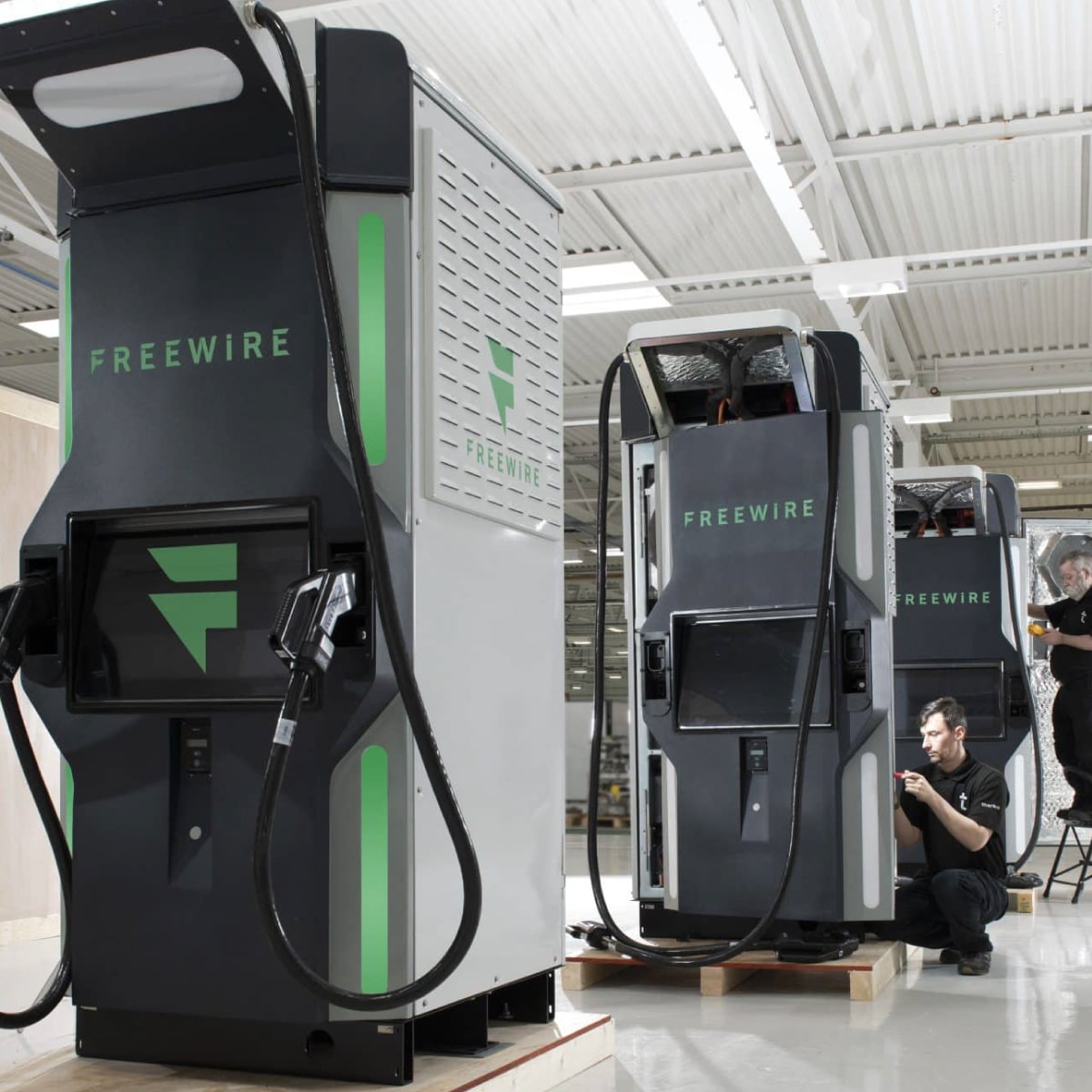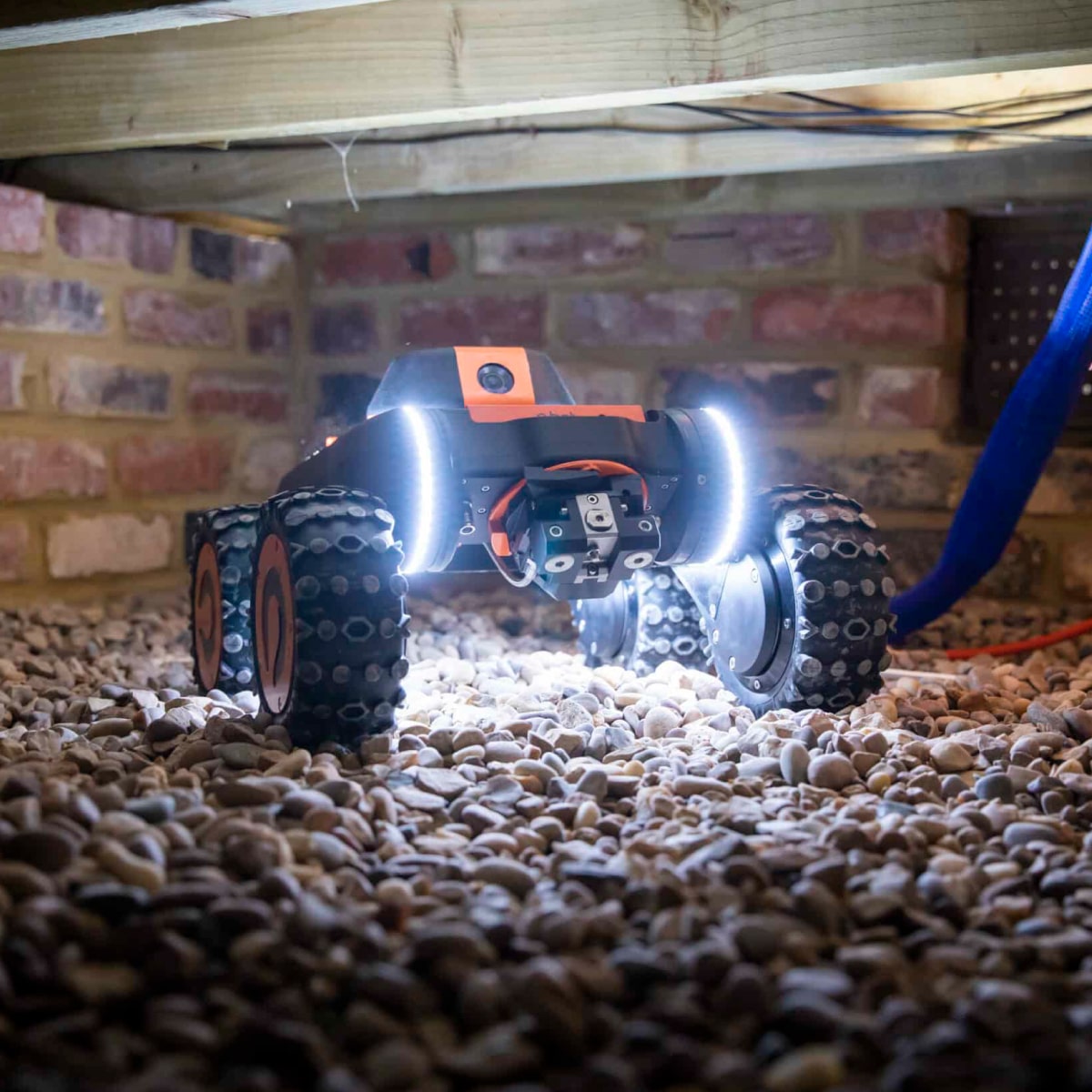
We are
Electrification
and Energy
We provide the design, engineering, and manufacturing expertise necessary to help you bring your Electrification and Energy Solutions to market.
Empowering the Future: Advanced Electrification and Energy Solutions
At Tharsus, we are your trusted partner in the Electrification and Energy sector, driving the transition to a sustainable future. We specialise in three critical subsectors: Energy Storage and Management, where we help our customers develop and manufacture cutting-edge solutions like Battery Energy Storage Systems (BESS) and Energy Management Systems (EMS); Electric Mobility Solutions, which includes innovations in EV Charging Infrastructure and Electric Transport Solutions; and Bespoke Energy Solutions, where we support our customers to tailor advanced energy systems to meet their client’s unique needs. Our expertise in design, engineering, and volume manufacturing enables us to transform innovative concepts into market-ready products, supporting the UK’s ambitious shift towards Net Zero.
Our expertise in design, engineering, and volume manufacturing enables us to transform your innovative concepts into market-ready products. By focusing on precise engineering and scalable manufacturing processes, we ensure your products are reliable, scalable, and capable of meeting the growing demand for clean energy solutions.
By partnering with Tharsus, you gain access to a dedicated team that supports you every step of the way, ensuring your products are positioned for success in the electrification and energy market. Together, we can drive progress towards a more sustainable, net-zero future.



Our purpose is to deliver tech that matters.
We are devoted to taking complex tech products to successful volume manufacturing.
Contact us
Our team will reach out to discuss how we can help bring your project to life.